Mbongwa also works with the Norval Foundation as adjunct curator for Performative Practices and with Cape Town Carnival as curatorial and socio-critical development advisor as well as the Handspring Trust's executive director.
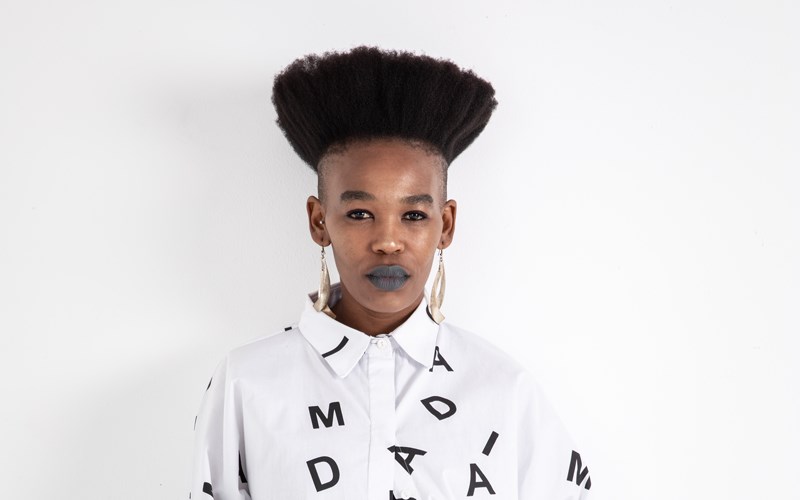
The theme is about imaging and creating common sustainable futures by looking at our wounds and instigating ways or methods of healing. It’s about searching for emancipatory practices through remembering the ancestral, the spiritual, the imaginative and becoming.
It’s about our histories of migration, our everyday lived experience and how we have to rethink our concepts of space and the distribution of resources.
The Amazonia was burning in Brazil last week, this is a signal of the kinds of systemic challenges we facing and fighting – it is nature against capitalism and consumerist culture.
As a realist-optimist, I always have to be critical about where we truly stand as individuals and collective and, I think, we are fighting in our capacities and that gives me hope about human attitude that can influence the condition.
But we can’t be ignorant about the policies, legislation, rules and regulations that are at play and thus for fundamental change in attitudes and conditions to occur, these need to be changed.
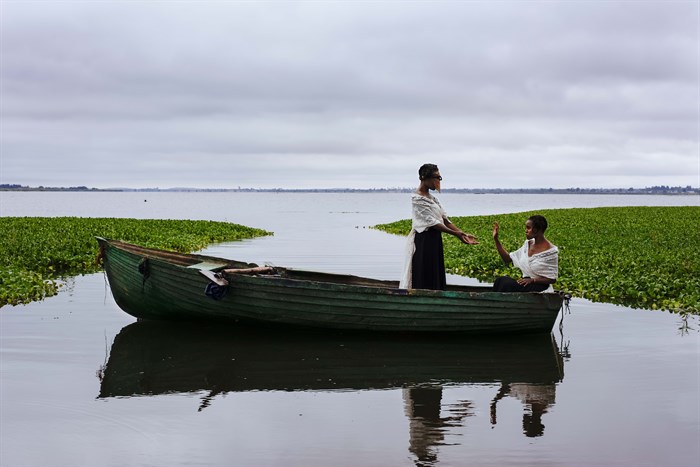
My curatorial practice is centred on curating as cure and care. How do I through my practice instigate spaces for cure and how do I practice care?
Thus I work with public space, interdisciplinary and performative practices, unpacking the socio-political, socio-economic and historical-contemporary complexities and nuances of the everyday.
Admin in the early hours of the morning between 6.30am and 8am; sending various people work-related Whatsapp messages. Checking my calendar to see what appointments I have for the day – preparing for them.
A lot of reading for research and a lot of calls following up on one thing or another. Always jotting ideas/concepts as they come. Long meetings. Skype meetings in the evenings, touching base with various people I work with.
And, in between, I take time to stretch, exercise or take a walk. I love my food so, breakfast at 8am and lunch at 1pm and supper at 6pm – in between I’m nibbling on fruit.
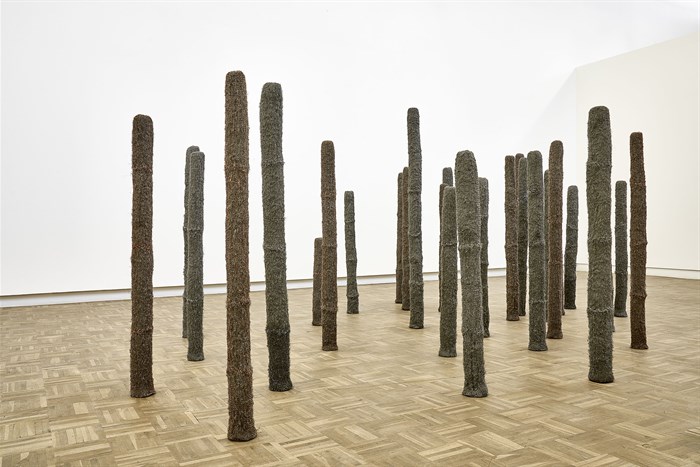
You can plan but know that anything can change. Failing is part of the process, trust it.
Intention is an important aspect in your journey, so be intentional and deliberate about the things you want – when you are clear, the path itself crystallizes in ways you can negotiate through your intentions.
Always ask yourself: why? Why did you choose this career path? Why do you want to do this project? Why is that specific thing important? Because asking yourself why keeps you grounded and humbled in your journey.
Define your practice because that gives you more room in how to position yourself in systems that generally disadvantage you because you’re womxn.
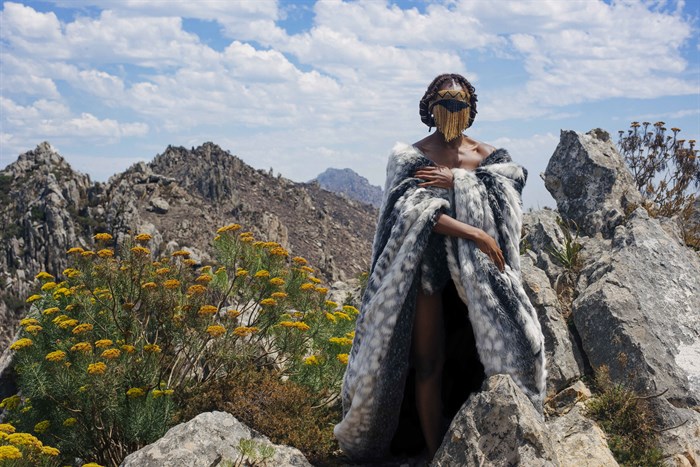
I think the question of necessary changes in arts require for us look at more intersectionality as it’s more a question around gender, race, class, sexuality, body-ability and accessibility.
We need spaces that are intersectionally-safe for us to develop and define our practices in sustainable ways that recognise the contribution art has in society on a cultural and economic scale.
Photographer Noncedo Gxekwa, visual artist Londiwe Mtsali, visual artist Lungiswa Gqunta, conceptual-beaded headgear artist Nondumiso Qba Nkosi, painter/performative artist Selloane Moeti, theatre practitioner Mamello Makhetha, graffiti artist Nadia aka Nadstar, visual artist Philiswa Lila, actress and musician Tankiso Mamabolo, painter Robyn Pretorius.
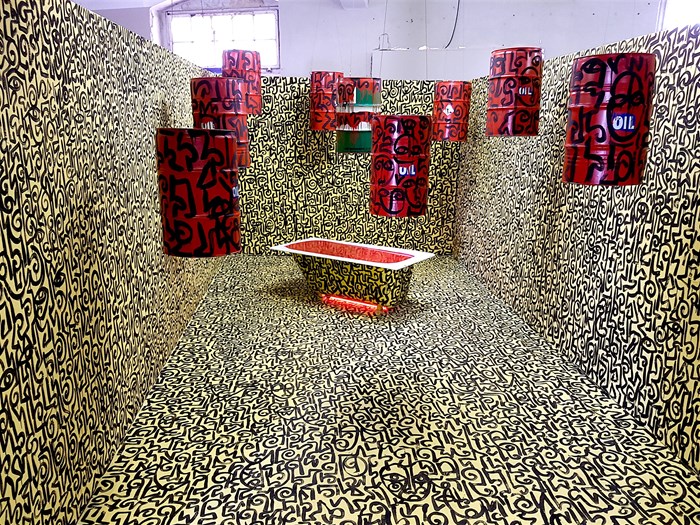
Dark chocolate anything.
Cooking indigenous meals.
The inaugural Stellenbosch Triennale will be held at destinations in Stellenbosch from 11 February to 30 April 2020.